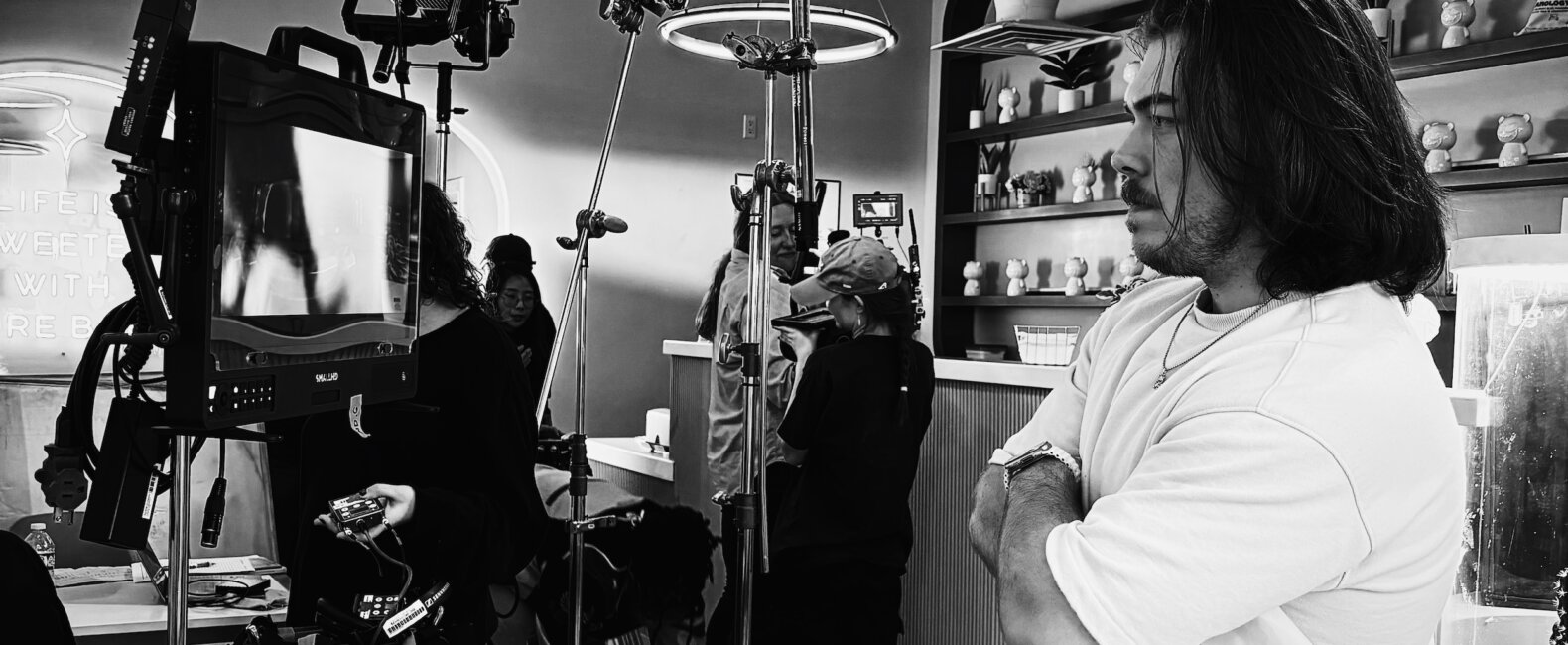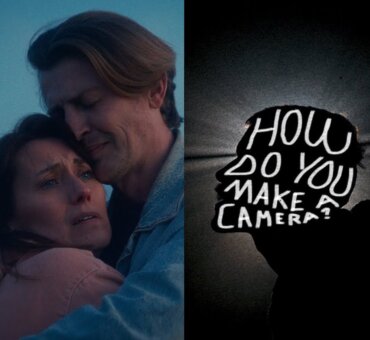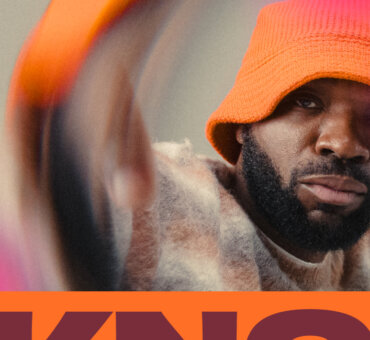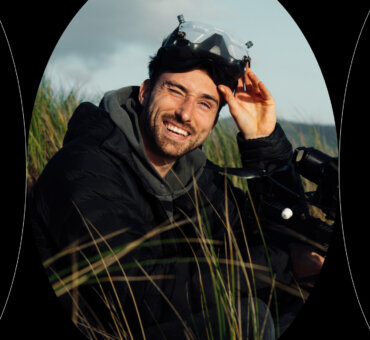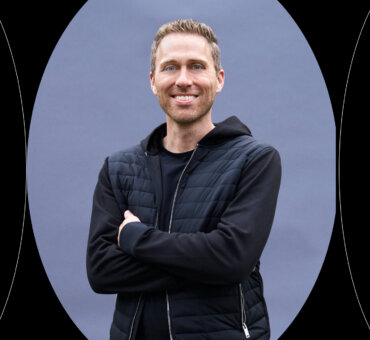When he’s not creating viral videos for a massive audience on TikTok, North Carolina-based director Zac Stracener is crafting compelling stories for brands like The North Face, Freschetta, and Jeld-Wen. Read his interview below to learn more about his essentials for crafting a compelling story, his advice to new filmmakers, and how he uses Musicbed to elevate his films.
Musicbed: What sparked your passion for filmmaking/storytelling?
Zac Stracener: When I was a little kid, my little sister had a birthday party, and I picked up our Sony Handycam, started shooting her party with it, and then figured out how to use Windows Movie Maker. I guess I would have been around eight or nine. I figured out how to export it, make a little movie, and just fell in love with it. Since then, I’ve been making videos everywhere.
What keeps you motivated and creatively inspired?
I think my fear of failure is a big driving factor for me. And I ultimately want to make a movie. Yeah. I want to make a narrative movie. That’s my heart. I’ve worked in the commercial world, and music video world, and they’re great. It’s awesome. I think there’s a lot of fulfillment to be found in those areas. However, I know for me that I feel like there will always be some void until that is what I’m doing or what I’ve done. I think maybe, I don’t even know. It’s easy to say now, but after one movie, then it’s just like, Okay, I’m good. But yeah, so that’s it. That’s the goal.
In your opinion, what makes a story visually appealing, or what role does music play in storytelling?
It’s interesting because I feel like everything looks good these days. Everything looks incredible. I mean, you have some commercials for low companies that are gorgeous-looking. But based on colors. I love color. I love contrast. The right lighting. I don’t know. I feel like what makes it visually appealing. It’s easy to do all that, I guess, is what I’m saying. Not easy. It takes a lot of work and skill to get there. But what’s behind all of it? really, the story is the heart of everything. I think it’s everything. Me and my composer get along so well because whenever we have our first couple of phone calls, I’m always like, Yeah, man, let’s just not have any sound effects. Let music be the force of everything. Especially with music bed, every piece on there is basically a score, and you can find the right music for whatever you’re doing. Music is vital. It’s one of the heartbeats of a film.
What elements do you think are essential for crafting a compelling story?
Music. Music. Yeah, music is… I mean, I think I just said all that. I won’t go down that rabbit hole again. But yeah, music is so important. I think characters are probably my main answer. You can have a cool idea and cool world-building. If you’re not connecting with the characters on screen, it typically falls flat or won’t resonate for a long time. So, you want to find yourself or learn about the experiences, people, upbringings, and passions of others that you’ll never experience yourself because they come from a totally different world than you do.
How important is music in your work?
Crazy important. So I’m in the middle of writing or finishing up my feature film, and I will be in the gym instead of listening to rock music, I’m listening to scores from incredible composers and beautiful films. Music is vital, especially with what I do it’s just such a bridge to emotion and storytelling.
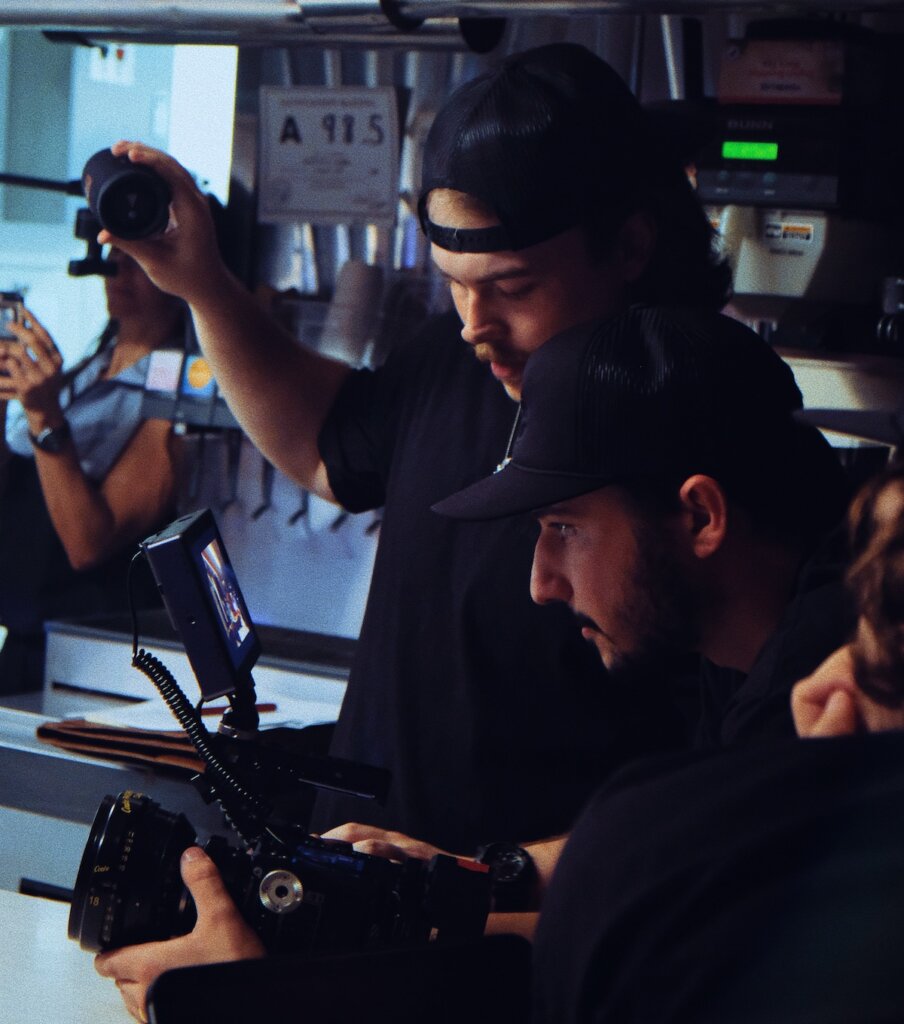
What advice would you give other filmmakers/creators who are just starting out?
This one is cliché, but it really is just to start. It’s never too late. It seems overwhelming at first, especially in the film industry where there’s no clear-cut path on what to do. Take it one day at a time, figure out your first step, and first move forward. Consistency and continuous learning are key. Consistency is key. Always learn.
How do you find the balance between pushing boundaries creatively and delivering what your client or audience wants to see?
If it’s a client, you stick to their vision. There’s definitely a balance. A client knows what you’re capable of, and you want to try and stretch their expectations. However, you also need to consider the audience’s preferences, which can be entirely different from your own. You want to appeal to your audience, but at the same time art is the vision of the artist, but you don’t want to conform to what you do for others. Finding a balance between personal vision and audience appeal is essential.
What is the most challenging aspect of being a filmmaker/creative?
Probably self-doubt, burnout, comparison. Everyone’s making incredible stuff now, and it’s hard to differentiate. It’s definitely saturated. Everyone’s making videos. Short-form content has become so popular, which is great because competition is healthy. However, it’s going to create an entirely new wave of cinema down the road, which is also just starting. AI is also terrifying!
What’s your favorite project that you’ve worked on?
“Forever Sleep” is what I’m most proud of, and it’s also the most vulnerable thing I’ve done that’s made it to the screen. I don’t know if it’s the favorite that I’ve created as it was incredibly stressful. I was working with a crew I wasn’t familiar with at the time, but a lot of them are the music video projects I’ve done. We gather a crew from our area, and we try to make a $50,000 project on the quarter of the cost. It’s stressful, but so amazing as you’re creating with some of your best friends. And that is beautiful and something I wouldn’t trade.
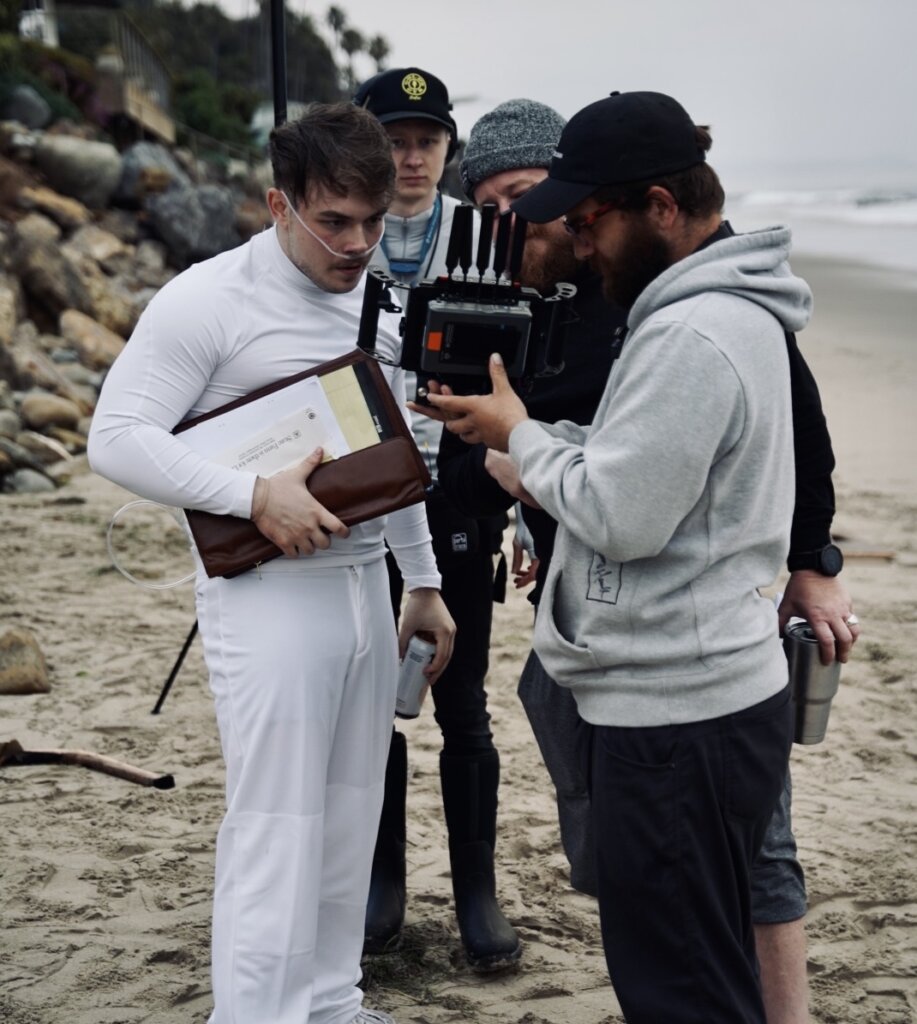
How do you search for music on Musicbed? What are some tips that you would share?
I love the filtering aspect. I typically start on Cinematic and go through those. A lot of times going into the project, you have an idea of the tone you’d like. So, going in with a game plan is really nice. One thing I also like is a random song popping up from nowhere, and sometimes it’s the one I go with. It can be a really cool, abstract piece that you find works.
How do you utilize Musicbed in your work?
For everything. A lot of time too, for a narrative piece, I use Musicbed for temp music. If I know it will be scored by my composer, I’ll give them 4-5 things from Musicbed and ask if we can do something similar to those. It’s made his job a lot easier. Whenever I’m doing any sort of commercial work or I don’t get a composer, I’d have to be out of my mind to go to any other site. I used to use other platforms, and the quality on Musicbed is so much better. You’re getting work from world-class composers and artists, which is awesome. It’s also very user-friendly and feels premium.
–
Explore a curated playlist of Zac’s favorite scores—available to license only on Musicbed.















































































